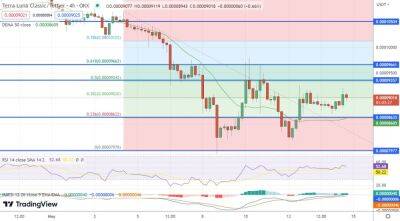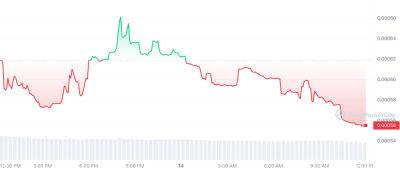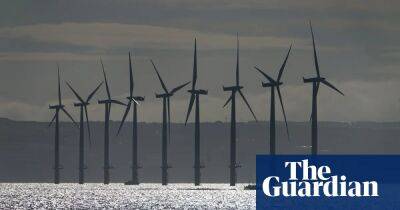Age of globalisation is now the age of instability – and we need a plan
K ristalina Georgieva is one of life’s optimists so it was no surprise that the managing director of the International Monetary Fund found things to be cheerful about at last week’s gathering of finance ministers and central bank governors in Washington.
The two Bretton Woods institutions – the IMF and the World Bank – meet every six months and, since October, fears of a deep recession have receded. As Georgieva noted, the global economy has shown unexpected resilience. Energy prices have come down and that makes the outlook for inflation better. What’s more, the IMF chief said there was a can-do approach at the meeting.
That’s pushing it a bit. To be sure, things have turned out not to be as bleak as they might have been, but that’s not saying all that much. In reality, the global economy is slowing, fragmenting and vulnerable to a fresh outbreaks of financial distress. A major debt crisis is a very real possibility. The IMF knows all this. Indeed, it said as much at various times last week. In the spring of 2023 the world finds itself in a very bad place.
The era of ever-closer integration is clearly over. Joe Biden’s package of green subsidies, the Inflation Reduction Act, is the most obvious example of the desire to re-onshore production. Last week’s G7 communique, which talked openly of the need to build secure supply chains among like-minded nations was another.
As Georgieva herself conceded, the world is teetering on the brink of a new cold war, with the US, – and many other developed countries – determined to reduce reliance on China. Ensuring that supply will not be disrupted now matters more than cost. When George Osborne was chancellor, he thought it was in Britain’s interests to snuggle up to Beijing and so
Read more on theguardian.com

















